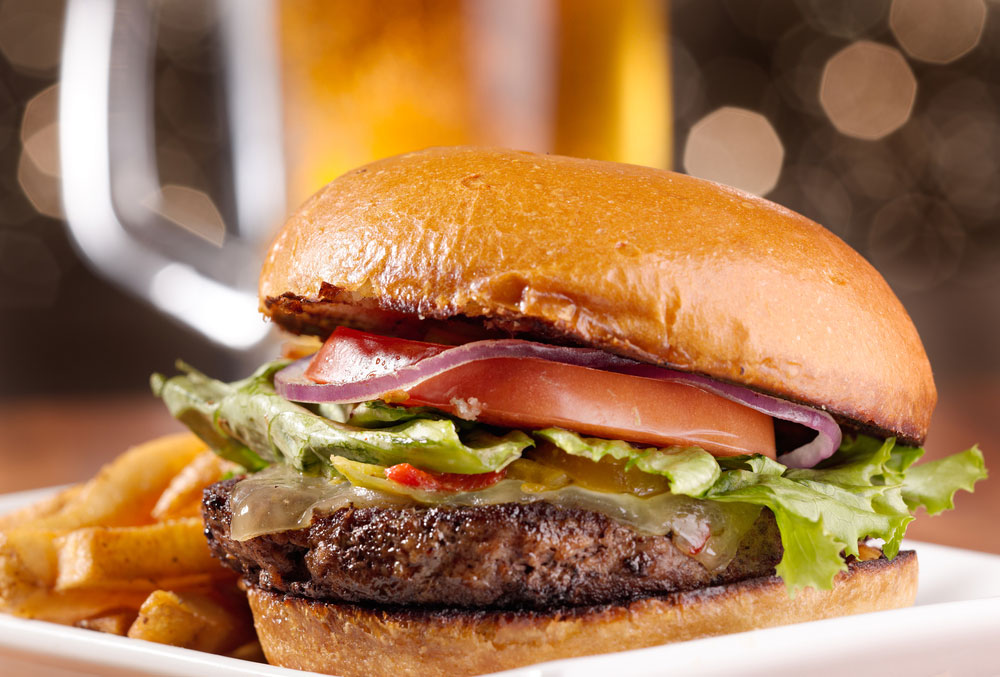Stress Eaters Beware: You May Burn Fewer Calories

Get the world’s most fascinating discoveries delivered straight to your inbox.
You are now subscribed
Your newsletter sign-up was successful
Want to add more newsletters?

Delivered Daily
Daily Newsletter
Sign up for the latest discoveries, groundbreaking research and fascinating breakthroughs that impact you and the wider world direct to your inbox.

Once a week
Life's Little Mysteries
Feed your curiosity with an exclusive mystery every week, solved with science and delivered direct to your inbox before it's seen anywhere else.

Once a week
How It Works
Sign up to our free science & technology newsletter for your weekly fix of fascinating articles, quick quizzes, amazing images, and more

Delivered daily
Space.com Newsletter
Breaking space news, the latest updates on rocket launches, skywatching events and more!

Once a month
Watch This Space
Sign up to our monthly entertainment newsletter to keep up with all our coverage of the latest sci-fi and space movies, tv shows, games and books.

Once a week
Night Sky This Week
Discover this week's must-see night sky events, moon phases, and stunning astrophotos. Sign up for our skywatching newsletter and explore the universe with us!
Join the club
Get full access to premium articles, exclusive features and a growing list of member rewards.
A double-patty cheeseburger and fries may be one of the worst things to eat after a stressful argument. New research suggests that for a day after being stressed out, people have slower metabolisms and burn fewer calories.
The findings suggest that regularly eating high-fat meals after being stressed could lead to additional weight gain, the researchers said.
The study involved 58 women who reported whether in the past day they had experienced stress, such as arguments with coworkers or spouses, disagreements with friends, trouble with children or work stress. The women's ages ranged from 31 to 70.
Each participant then ate a meal that included 930 calories and 60 grams of fat, similar to meals of hamburgers and fries offered in popular fast-food restaurants. Over the next seven hours, the researchers measured participants' metabolic rates, a number that shows how fast the body is burning calories and fat. The researchers also measured the participants' levels of blood sugar, triglycerides, insulin and the stress hormone cortisol. [9 Snack Foods: Healthy or Not?]
Researchers found that the participants who reported one or more stressors during the past day burned on average 104 fewer calories than non-stressed women over the course of the day.
The stressed women also had higher levels of insulin and lower rates of burning fat, suggesting they were storing more fat, stated the study, published today (July 14) in the journal Biological Psychiatry.
The participants were all women, but the new findings may extend to men as well, the researchers said. However, more studies are needed to know for sure, the researchers said.
Get the world’s most fascinating discoveries delivered straight to your inbox.
A 104-calorie difference "is not a big deal in one day, but if that happened to you every day for a year, that would be almost 11 pounds," said study researcher Jan Kiecolt-Glaser, a professor of psychiatry and psychology at The Ohio State University.
However, Kiecolt-Glaser noted that this is the worst-case scenario. "Realistically, people don't have a stressor every day, and not everybody would have a fast food meal every day. And some people even tend to eat less when they are stressed," Kiecolt-Glaser told Live Science.
Stress, depression and the heart
Previous studies have found that both stress and depression are linked with higher risk for obesity and heart problems. In addition, stress and depression have been linked to metabolic syndrome, a condition that involves a number of risk factors for heart disease, stroke and diabetes.
In the study, the researchers also found that having had depression in the past worsened the effects of stress. The women who had depression in addition to stressors showed a higher peak in the levels of triglycerides after their meals. Triglycerides are a type of fat in the blood that the body uses for energy, but high levels can raise the risk for developing heart disease.
"You don't want triglyceridesfloating around and doing damage and clogging arteries. You want to get rid of them quickly," Kiecolt-Glaser said.
These meal-related effects of depression and stress could help explain why depression is linked to heart problems, the researchers said.
What to eat when stressed?
For the study, the researchers chose a high-fat meal consisting of eggs, turkey sausage, and biscuits and gravy, because previous studies have suggested people are more likely to eat high-fat "comfort foods" when they are stressed, the researchers said.
To minimize the effects of stress on weight gain, Kiecolt-Glaser suggests choosing vegetables, fish and chicken over a hamburger and fries.
"We know we can't always avoid stressors in our life," said Martha Belury, a professor of human nutrition at Ohio State and a co-author of the study. "But one thing we can do to prepare for that is to have healthy food choices in our refrigerators and cabinets, so that when those stressors come up, we can reach for something healthy rather than going to a very convenient, but high-fat choice," she said. [13 Kitchen Changes That Can Help You Lose Weight]
Email Bahar Gholipour. Follow Live Science @livescience, Facebook& Google+. Originally published on Live Science.

 Live Science Plus
Live Science Plus










